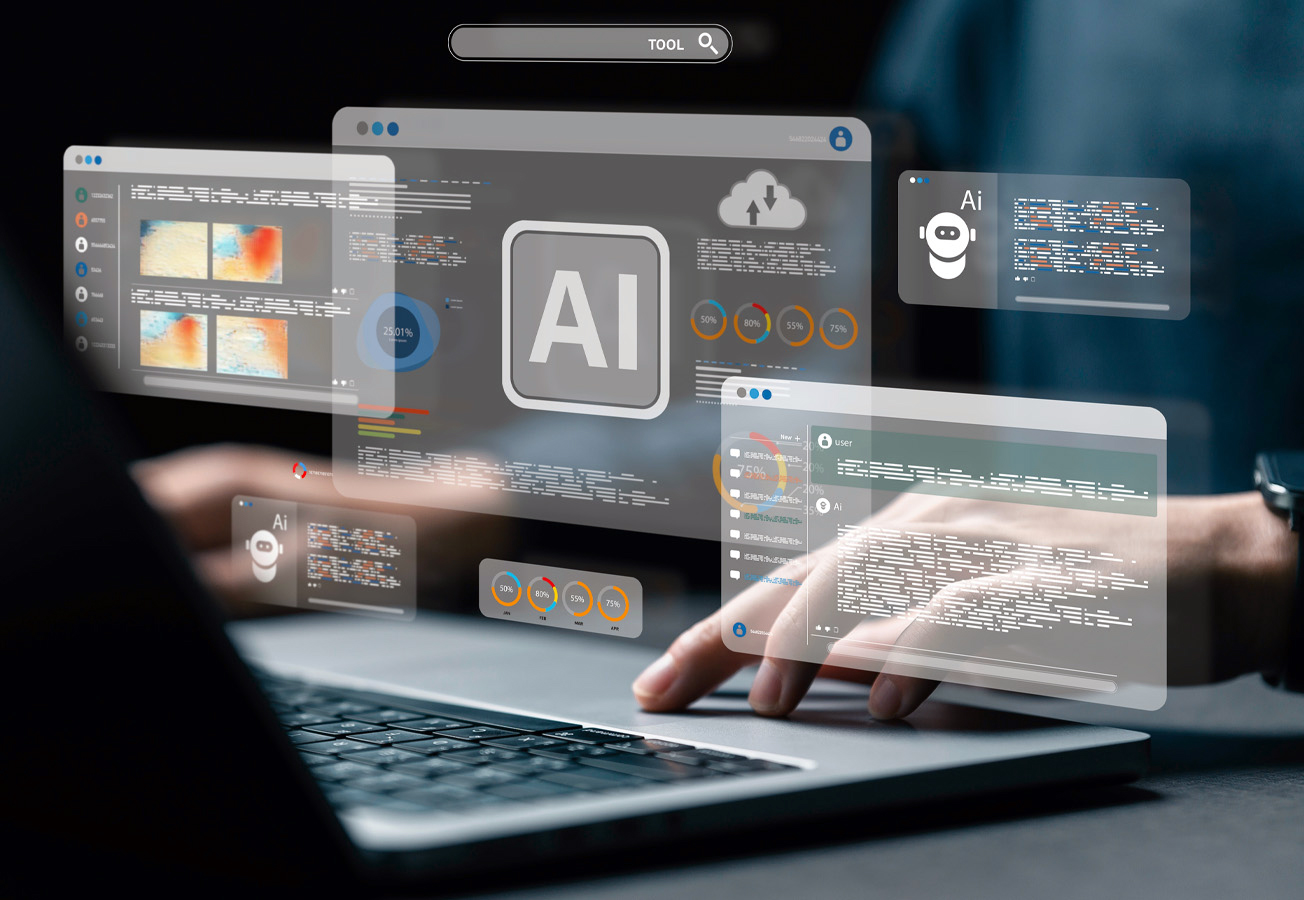February 04, 2022
4 min learn
Source/Disclosures
Source:
Healio Interview
Disclosures:
Lin experiences working with corporations and nonprofit organizations by grants and sponsored analysis agreements administered by Stanford University. Current and former collaborators embrace Amazon, American Academy of Family Physicians, American Board of Artificial Intelligence in Medicine, American Board of Family Physicians, Center for Professionalism and Value in Health Care, Codex Health, DeepScribe, Eko Health, Google Health, Quadrant Technologies, Soap Health, Society of Teachers of Family Medicine, University of California at San Francisco and Verily. Lin experiences no monetary curiosity in any of those organizations.
ADD TOPIC TO EMAIL ALERTS
Receive an e-mail when new articles are posted on
Please present your e-mail handle to obtain an e-mail when new articles are posted on .
”
data-action=”subscribe”>
Subscribe
We have been unable to course of your request. Please strive once more later. If you proceed to have this subject please contact [email protected]. Back to Healio
Artificial intelligence can alleviate administrative burdens, enhance diagnostic accuracy, determine sufferers most in danger for sure illnesses and cut back pointless procedures, in accordance to a current paper.
Yet, “most primary care suppliers have no idea what it’s, the way it will impression them and their sufferers and what its key limitations and moral pitfalls are,” Steven Lin, MD, the creator of the paper and household medication service chief and head of expertise innovation in the division of primary care and inhabitants well being at Stanford Medicine, wrote in the Journal of the American Board of Family Medicine.
He added that primary care is the ideally suited medical specialty to take cost in what he referred to as the “well being care synthetic intelligence (AI) revolution.”
Lin shared extra particulars on this rising expertise and the way primary care can maximize its potential in an interview with Healio.
Healio: Why ought to primary care lead the “well being care AI revolution”?
Lin: I consider that primary care — as the dominant power at the base of the well being care pyramid, with its unmatched interconnectedness to each a part of the well being system, and its deep relationship with sufferers and communities — is the most uniquely suited specialty to lead the well being care AI revolution.
For these searching for an indeniable financial motive, primary care suppliers signify the single largest group of AI finish customers amongst well being care professionals — they’re liable for greater than 500 million, or 55%, of all clinician visits per 12 months in the U.S., greater than all different specialties mixed. Therefore, primary care suppliers have the most to achieve, in addition to the most to lose, in the coming period of innovation.
AI builders wanting to make the greatest impression on the best variety of sufferers and clinicians ought to look no additional than primary care for whom to seek the advice of, who to design for, which issues to resolve and the place to deploy their options.
Healio: How rapidly is AI remodeling primary care? How do you see this expertise being utilized in the primary care setting 10 years from now?
Lin: AI is already being utilized in primary care right this moment, however at a small scale, for comparatively restricted use instances, and largely in giant educational medical facilities. I predict that by 2030, we are going to begin to see sure use instances develop into broadly accepted and scaled. By 2040, the use of AI in primary care ought to develop into commonplace for capabilities like scientific diagnostics, power illness administration, inhabitants well being administration, value-based care and lowering administrative burdens.
Healio: In your article, you present 10 examples of how primary care can make the most of AI. What are the high three that primary care practices ought to spend money on? Why?
Lin: No. 1 on my record is instruments that cut back administrative burden in order that clinicians can get again to what they do greatest: treating sufferers. These embrace chart overview and scientific documentation instruments akin to digital scribes, in addition to AI options that may automate repetitive clerical duties suffocating practices akin to billing, coding and prior authorizations.
Second on my record is inhabitants well being administration instruments that shut care gaps, determine high-risk sufferers and predict avoidable well being care utilization. Preventable ED visits and hospitalizations are a significant supply of human struggling and financial ache, costing the U.S. well being system over $100 billion per 12 months, which we will curb with AI and save lives.
Third on my record is AI-powered scientific diagnostic instruments that can broaden the well being providers primary care suppliers can ship to sufferers, cut back the want for pointless referrals, and increase entry to care in areas with lack of specialty care. This is one vital means for us to handle the rising well being fairness challenges for underserved communities in our nation.
Healio: What are some particular examples of AI assistants that primary care suppliers can implement of their digital well being file platforms for scientific determination‐making? How efficient are they?
Lin: I’d say that none of those are fairly prepared for prime time but, however the potential is there for EHR-integrated AI assistants to present scientific determination assist at the level of care. Some examples embrace figuring out care gaps, suggesting subsequent steps in a diagnostic work-up or therapy pathway, calculating danger scores to information decision-making, and de-prescribing pointless or doubtlessly dangerous drugs. The problem might be to make these AI-generated insights significant and nonobtrusive to the clinician, releasing up their cognitive bandwidth to focus on the affected person in entrance of them, and in the end delivering higher care.
Healio: What are a few of the vital limitations and moral pitfalls of AI?
Lin: Bias. Bias. Bias. Automated programs aren’t inherently impartial; they replicate the priorities, preferences and prejudices of the people who created them. If the information is biased, so is the AI. While these instruments present nice promise, they’ll additionally inadvertently — or be hijacked to — amplify racism, sexism and different types of discrimination that hurt marginalized individuals and threaten well being fairness. Also, there may be the subject of non-generalizability. AI fashions typically rating properly on statistical assessments of accuracy however carry out surprisingly poorly in real-world scientific settings. Addressing these elementary information science challenges would require new strategies of coaching and retraining AI fashions on very giant datasets whereas additionally defending information privateness and safety.
Healio: Many primary care suppliers have thought of leaving the subject due to burnout. How a lot of an impression might AI have on the primary care workforce ?
Lin: AI instruments designed to cut back administrative burden might have a significant optimistic impression on lowering clinician burnout and restoring their pleasure of follow. Designed poorly although, AI can have the reverse impact by overwhelming clinicians with noninterpretable information, nonactionable predictions and obtrusive alerts. This is one among the most vital the explanation why primary care suppliers want to take part in well being care AI. Primary care suppliers can hold business targeted on human-centered options, whereas demanding that AI be designed round augmenting human capabilities and supporting human-driven fashions of care supply, slightly than changing human suppliers or subverting human relationships that lie at the coronary heart of therapeutic.
Healio: In what situations, if any, might AI exchange scientific workers members?
Lin: Never. That shouldn’t be the aim of AI.
Reference:
Lin S. J Am Board Fam Med. 2022;doi:10.3122/jabfm.2022.01.210226.
ADD TOPIC TO EMAIL ALERTS
Receive an e-mail when new articles are posted on
Please present your e-mail handle to obtain an e-mail when new articles are posted on .
”
data-action=”subscribe”>
Subscribe
We have been unable to course of your request. Please strive once more later. If you proceed to have this subject please contact [email protected]. Back to Healio
https://www.healio.com/news/primary-care/20220204/qa-artificial-intelligence-has-the-potential-to-dramatically-transform-primary-care




